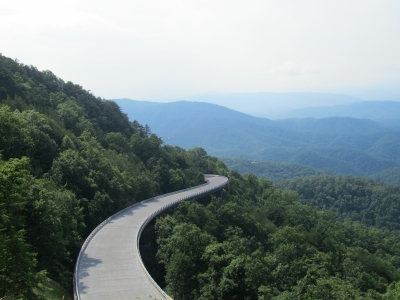America on the Move


The nation’s multi-modal transportation system includes a vast network of highways, roads and bridges. The Federal Highway Administration (FHWA), which is part of the U.S. Department of Transportation, works with State and local government on the design, construction, and maintenance of the nation’s highway system. NRS defends challenges to FHWA’s approval of highway projects across the country. These lawsuits often seek to halt highway projects, alleging that FHWA failed to take a hard look at environmental impacts such as air quality, water quality, noise, and visual impacts under NEPA, or that the project will adversely impact public parks, recreation areas or historical sites in violation of Section 4(f) of the Department of Transportation Act and the national Historic Preservation Act. Many challenges to FHWA’s approval of highway projects also raise environmental justice issues.
The Natural Resource Section’s work defending the nation’s transportation system is not limited to on-land transportation. The Section defends U.S. Army Corps of Engineers planning and approvals associated with maintaining federal navigation channels in the nation’s harbors and rivers, including the Corps’ compliance with the Coastal Zone Management Act. This has included litigation involving the maintenance or expansion of the navigation channels in the Delaware River, San Francisco Bay, the Snake River, and the Mississippi River, among others.
With respect to pipelines and other linear transmission projects, the Natural Resources Section also defends against NEPA challenges to U.S. Army Corps of Engineers decisions for Clean Water Act Section 404 permitting associated with project construction. And it has defended numerous federal pipeline-related border-crossing authorizations.
Finally, the Section defends the Department of the Interior’s implementation of its oil and gas programs on federal public lands and on the Outer Continental Shelf. The Section’s efforts here range broadly; they include defending against challenges to Interior’s land use planning decisions, its conveyance of development rights in the form of oil and gas leases, its issuance of drilling permits, and its conferral of rights of way to accommodate roads, pipelines, and other associated infrastructure. Section attorneys also defend against challenges from industry proponents, which often take the form of facial challenges to Interior regulations, appeals from royalty payment orders, and attempts to increase access to oil and gas resources on public lands.

 U.S. Department
of Justice
U.S. Department
of Justice